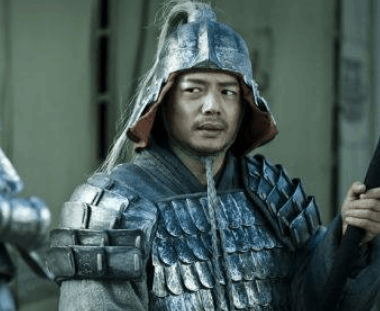In Chinese history, palace intrigues and imperial succession have always been significant parts of court politics. The conflict between Empress Cao and Emperor Song Yingzong is a typical example. This article will explore why Empress Cao wanted to depose Emperor Song Yingzong and the power struggle behind it.

First, we need to understand the relationship between Empress Cao and Emperor Song Yingzong. Empress Cao was Emperor Song Yingzong's successor queen, who was crowned as the empress after Emperor Song Yingzong ascended the throne. However, despite her status as the empress, her position in the palace was not stable. This was because Emperor Song Yingzong favored another concubine, Consort Deng, more. Consort Deng's favor threatened Empress Cao's position in the palace.
Apart from personal emotional factors, political factors were also important reasons for the conflict between Empress Cao and Emperor Song Yingzong. In feudal society, the issue of the emperor's successor was always the focus of court politics. Empress Cao had no offspring, while Consort Deng gave birth to a prince. This made some forces in the court begin to favor Consort Deng's son as the successor to the throne. Under such circumstances, Empress Cao felt unprecedented pressure and a sense of crisis.
To maintain her status and power, Empress Cao began to seek external support. She allied with some ministers and eunuchs to jointly oppose Consort Deng and her supporters. In this process, Empress Cao even had the idea of deposing Emperor Song Yingzong. Because only by deposing Emperor Song Yingzong could she completely eliminate the threat from Consort Deng and her son.
However, Empress Cao's plan ultimately failed. Although Emperor Song Yingzong was in poor health, he still held the reins of government. After Emperor Song Yingzong's death, Consort Deng's son succeeded to the throne as Emperor Song Shenzong. Although Empress Cao still enjoyed a certain degree of honor and status during the reign of Emperor Song Shenzong, her political influence had greatly diminished.
In conclusion, the conflict between Empress Cao and Emperor Song Yingzong was the result of multiple factors working together. It involved both personal emotional entanglements and political factors of power struggles. This period of history tells us that in feudal society, palace intrigues and imperial succession were often manifestations of power struggles. We should view this history objectively and rationally, learning lessons and enlightenment from it.
Disclaimer: The above content is sourced from the internet and the copyright belongs to the original author. If there is any infringement of your original copyright, please inform us and we will delete the relevant content as soon as possible.































